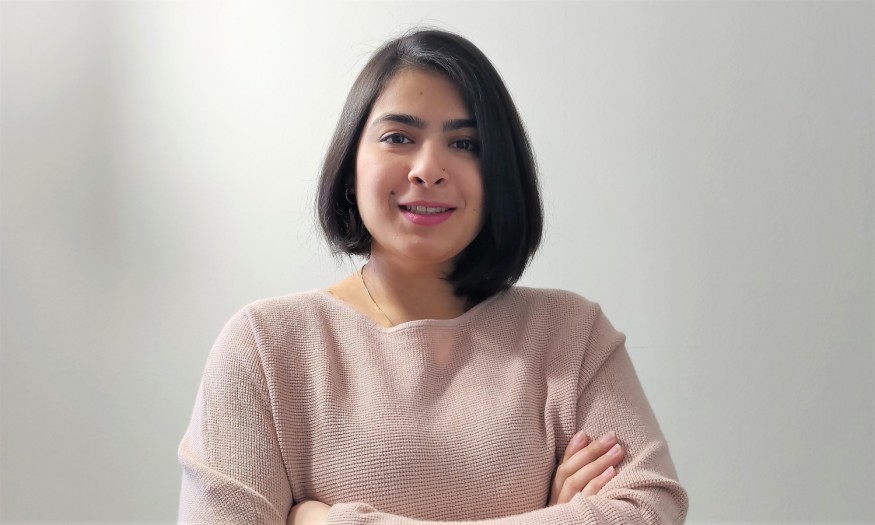
When visiting any type of medical provider or hospital, patients are asked to fill out detailed forms with their personal information and medical history. The questions are basic first, asking things like name, address, and last doctor's visit, but as the form continues, they get more detailed and personal. Depending on the type of clinic you're visiting or the care you're seeking, providers might collect information like social security number, billing information, family illness history, sexual history, and more which constitutes their medical record. Keeping this kind of data secure is of utmost importance to prevent its unethical use and provide seamless care free of stigma and bias. Luckily, healthcare analysts like Arushi Arora are jumping in to make sure that healthcare data is protected at every turn.
Patient privacy is a pillar of health care and the Health Insurance Portability and Accountability Act of 1996 (HIPAA) has long been known for the set of rules and regulations it puts in place for medical providers, restricting them from sharing private information and violating patient confidentiality. But now, as data becomes an integral part of our society, those same regulations should be understood and followed by data professionals. Arushi worked to get certified as a HIPAA-compliant data analyst, along with other experts in the field. The training emphasizes that there are 18 HIPAA identifiers that should always be de-identified in databases. These include things like names, dates, addresses, emails, contact numbers, pin codes, and other sensitive information.
To build on the measurements outlined by HIPAA, Arushi suggests healthcare analysts should password protect files, encrypt sensitive information, and avoid sharing patient data without explicit consent. As an award-winning digital health and data analytics expert, Arushi has been supporting the Mount Sinai Health System, one of the most prominent and large-scale medical providers in the nation, since 2019 to secure sensitive patient data from being disclosed without the patient's consent or knowledge. She does so by designing effective and safe data ecosystems for collection, analysis, and dissemination of trends and crucial findings from large research projects.
Arora started her career at the National Heart Institute, where she aided patients in their recovery by prescribing them therapeutic diets. While she loved the patient-facing role, she recognized the importance of every single data point from her patient's medical files and applied it to data-focused, technology roles where she was able to work with scientists and medical professionals to conduct research, provide insights to providers, thus transforming how the medical community understood their role as data stewards.
Arora sees her role as a data gatekeeper for patients within the healthcare system. Data ethics in healthcare are continuously evolving as providers add new systems, patient portals, and technological tools into their ecosystem. Even things like medical diagnostic tools that use artificial intelligence to help identify and diagnose medical issues need to be monitored, secured, and understood by Arushi and her colleagues to protect patients' privacy and access to a secure healthcare system. Data is quickly becoming part of every aspect of the human experience, and healthcare is no different.
Medical providers aren't data experts, but data is becoming an indispensable component of it, and as that happens, the need for well-trained, thoughtful data analysts has increased. Ethical care and access to healthcare involve ethical data practices, and it is data analysts that truly understand what that looks like in practice. To prepare the data landscape for future demands from the healthcare industry, Arushi spends time teaching, advocating, and collaborating with leaders to build a robust, ready, and capable supply of critical data resources. She mentors others in the field and is quick to think critically when new obstacles are in play. As a leader in her own rite, Arushi is navigating uncharted waters and protecting all of our sensitive data from potential and current security challenges.
© 2025 ScienceTimes.com All rights reserved. Do not reproduce without permission. The window to the world of Science Times.











